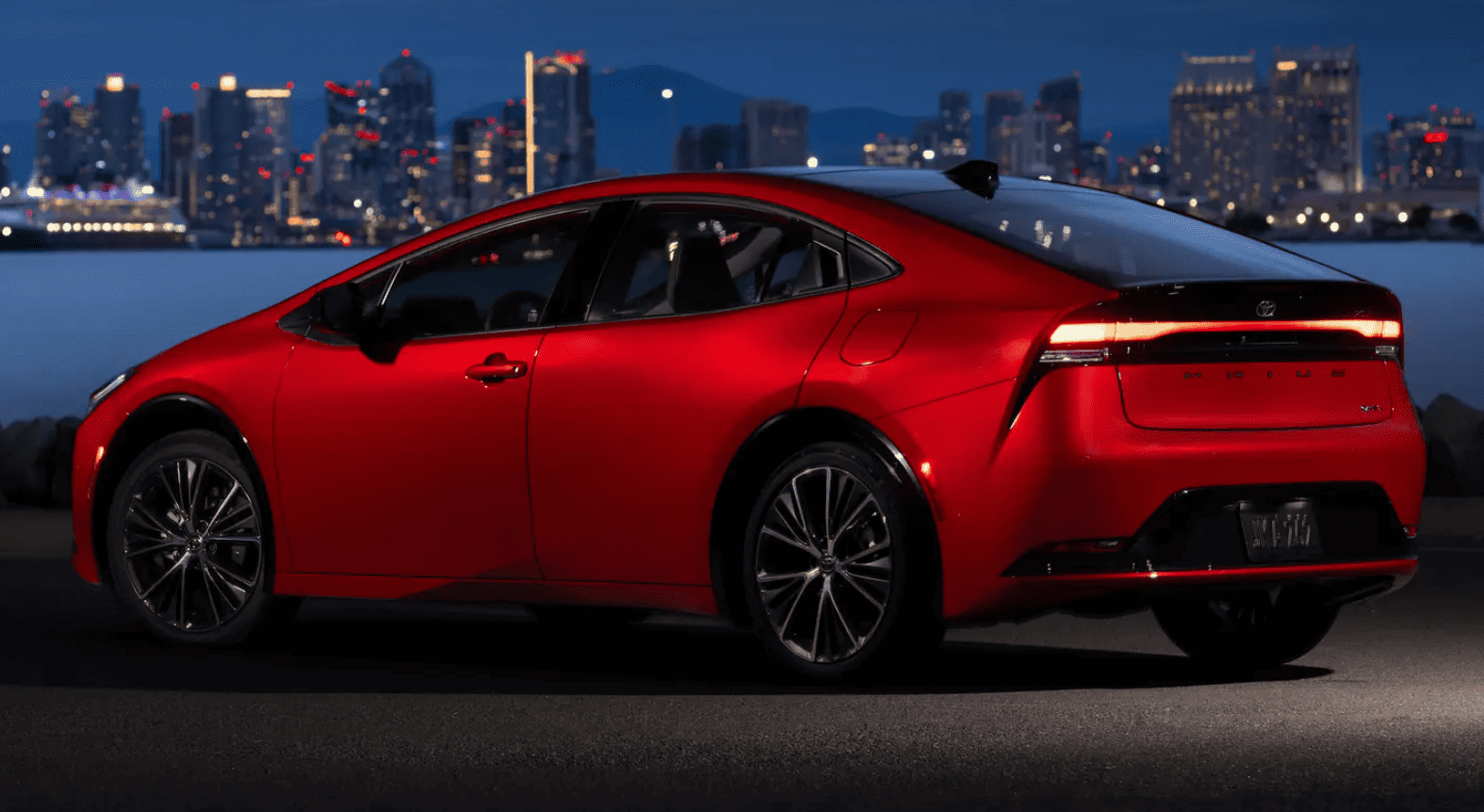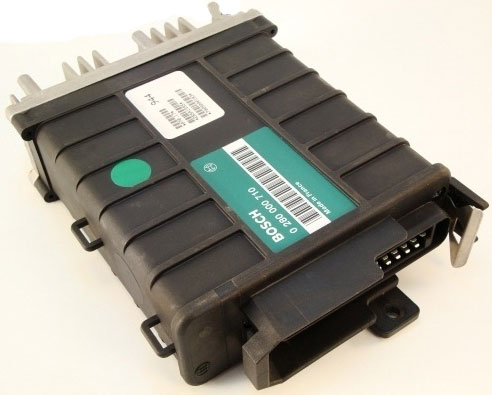Several factors could be to blame if your car vibrates when it is idling or stopped. The most frequent causes are listed below:
You anticipate an easy ride when you turn on your car. But what should you do if your car begins to shake and vibrate as soon as you turn it on? Few issues are more annoying than a bumpy idle. But with a little skill and knowledge, you can identify the root of your bumpy idle and get things back to normal operation quickly. In this piece, we’ll examine some of the most typical causes of a rough idle and offer solutions.
7 Reasons Why a Car Vibrates or Shakes While Idling
The most frequent causes of shaking when your automobile is stopped or idle are old spark plugs or vacuum leaks. In addition, a damaged fuel pump, a worn serpentine belt, or any other fuel-related problems can be to fault. Checking the trouble codes using an OBD-II scanner is the first thing you should do if your car vibrates or shakes at idle. Below are some potential causes if you can’t locate any trouble codes or just aren’t sure what they mean:

The seven most frequent causes of why a car vibrates while stopped or at idle are listed in further detail below.
1. Damaged spark plug
Spark plug wear or damage is one of the most frequent causes of a harsh idle. Your engine may misfire if your spark plugs are worn, which will likely cause trembling or vibrations. The dashboard check engine light ought to come on if your spark plug is bad, but that doesn’t always happen. The good news is that spark plugs are inexpensive, but if one breaks, you should replace them all. After that, to avoid this issue recurring, you should replace your spark plugs every 80,000 to 100,000 miles!
2. Disconnected or Loose Vacuum Hoses
Your car probably uses vacuum hoses, whether you realise it or not, to power the fuel and air systems. The systems won’t function as they should if these hoses are torn or disconnected, and engine performance may suffer as a result. When a vacuum issue becomes severe enough, the engine frequently misfires as a result. When the car vibrates, you’re noticing this misfire.
3. Damaged or faulty engine mounts
It makes it obvious that if your engine shakes or vibrates, the motor mounts could be the cause. After all, they keep your engine in place. Depending on the vehicle you drive, inspecting the motor mounts can be challenging. Opening the engine bay and having someone rev the engine while you inspect the motor mounts is a simple way to do this. If the engine “jumps,” your motor mounts are broken. Although motor mounts are generally inexpensive, replacing them might require a lot of labour.
Read more: Why Is The Check Engine Light On?
4. Tired belts
Your engine may have several belts, but the serpentine belt and the timing belt are present on every engine. A harsh idle is frequently the result of one or both of these belts being worn out or broken. Serpentine belts are simpler to diagnose and more straightforward to change. Open the hood, then look around the front of your engine for the largest rubber belt. Try giving it a little tug; if it feels at anyway loose, there’s a problem.
After that, inspect the belt for rips or cracks. Replace the belt if you notice any symptoms of damage. Timing belts require a more involved repair, although frequently, a check engine light will alert you to the issue.
5. Damaged or clogged fuel injectors, fuel pumps, fuel filters, or fuel intake
Your engine will probably shake or vibrate if there is a problem with your fuel system. This is so that the engine’s balance won’t be off if one of its cylinders doesn’t receive enough fuel. Even though you’ve determined that the issue is with your fuel system, there are still a few other possible causes. Your gasoline filter ought to be checked first. Nothing will operate as it should if your fuel filter is clogged, and it may even cause damage to other parts. After that, you ought to investigate your fuel pump, fuel intake, or fuel injectors. A check engine light will be triggered by many of these problems, which can aid in problem identification.
6. Obstruction in Air Filter
Air is a crucial component for your engine to function properly, just like fuel is. Fortunately for you, the air filter is typically where the issue starts when the intake system is the cause of your rough idle. Simply remove the old air filter to see whether it is very dusty. If so, you might have a problem. See whether the issue disappears after changing the air filter and resetting the code. The average price of an air filter is between $15 and $40, and the majority of parts dealers will replace them free of charge.
7. Defective Camshaft Timing
Typically, tremors and vibrations from your engine indicate that it is misfiring for one cause or another. Timing issues could be a factor in an engine misfire. This is more typical if you just underwent extensive engine work, but timing problems are not unheard of if the belt or chain is worn out or damaged.
Due to the labour required, replacing a timing belt is generally quite expensive.
The Simple Mechanical Structure
There are two main causes of your engine shaking or vibrating while it is idle; however, both problems have different root causes.
- An engine misfire is the first problem. This happens when your engine’s spark plug fires at the incorrect moment or when the amount of fuel or air in the combustion chamber is insufficient to match the performance of the rest of the engine. If you ignore this issue, you run the chance of breaking your engine block, necessitating an engine replacement.
- The second problem is getting worse. Because your engine generates a lot of force, the manufacturer mounts it to the frame of your car to prevent movement. Your engine will shift if these mounts aren’t performing their job.
As soon as you start to feel it as you idle, the issue is already serious enough that you shouldn’t drive anywhere until it has been fixed.
Conclusion
Because your car is still running, it can be tempting to ignore a harsh idle for a while, but this is the last thing you want to do. The likelihood that the issue may worsen increases the longer you wait to address it.
Fix the issue now, before your engine has a chance to break! If not, a problem you could have solved for a few hundred dollars could end up costing you several thousand.


